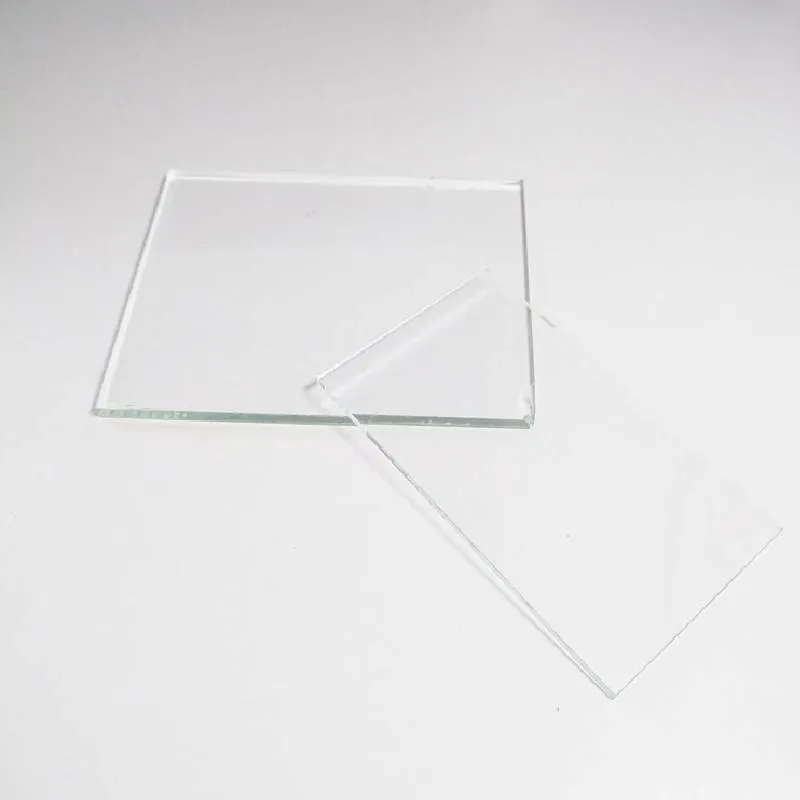Architectural Glass Solutions Transforming Spaces with Innovation
In contemporary architecture, glass has emerged as a pivotal element in designing dynamic and innovative spaces. Architectural glass solutions not only enhance the aesthetic appeal of buildings but also offer functionality, sustainability, and versatility. With advancements in technology and design, glass is no longer just a material; it is a vital component that transforms architectural visions into reality.
One of the most significant advantages of using glass in architecture is its ability to create a seamless connection between the indoor and outdoor environments. Large glass facades and floor-to-ceiling windows flood interiors with natural light, fostering a sense of openness and enhancing the overall ambiance of a space. This interplay between light and transparency reduces the need for artificial lighting during the day, contributing to energy efficiency. Moreover, the visual connection to the outdoors can promote well-being, making spaces feel more inviting and comfortable.
Sustainability is another essential aspect of modern architectural glass solutions. With the increasing emphasis on green building practices, glass manufacturers have developed energy-efficient products that minimize heat loss and reduce energy consumption. Low-emissivity (Low-E) coatings, for instance, reflect infrared light while allowing visible light to pass through, effectively keeping interiors warm in winter and cool in summer. Additionally, the use of recycled glass in construction helps to reduce waste and the carbon footprint of buildings.
architectural glass solutions
Innovation in glass technology has led to the introduction of smart glass solutions that respond to environmental changes. Electrochromic glass can change its tint in response to sunlight, helping control glare and enhance privacy without sacrificing natural light. This adaptability is particularly beneficial in commercial spaces, where varying light conditions can impact comfort and productivity.
Moreover, architectural glass solutions are diversifying beyond traditional clear or tinted options. Decorative glass, such as etched, colored, or laminated varieties, can add unique artistic elements to a building, allowing architects to express creativity while maintaining functionality. Consequently, glass can play a significant role in branding and identity for businesses, transforming facades into striking visual statements.
In conclusion, architectural glass solutions stand at the intersection of beauty and utility, shaping the future of building design. With their ability to enhance aesthetics, promote sustainability, and support innovative functionalities, glass products are essential for creating modern, efficient, and inspiring spaces. As the industry continues to evolve, the potential for glass to redefine architectural possibilities remains limitless, promising a future where transparency and design harmoniously coexist.
 Afrikaans
Afrikaans  Albanian
Albanian  Amharic
Amharic  Arabic
Arabic  Armenian
Armenian  Azerbaijani
Azerbaijani  Basque
Basque  Belarusian
Belarusian  Bengali
Bengali  Bosnian
Bosnian  Bulgarian
Bulgarian  Catalan
Catalan  Cebuano
Cebuano  Corsican
Corsican  Croatian
Croatian  Czech
Czech  Danish
Danish  Dutch
Dutch  English
English  Esperanto
Esperanto  Estonian
Estonian  Finnish
Finnish  French
French  Frisian
Frisian  Galician
Galician  Georgian
Georgian  German
German  Greek
Greek  Gujarati
Gujarati  Haitian Creole
Haitian Creole  hausa
hausa  hawaiian
hawaiian  Hebrew
Hebrew  Hindi
Hindi  Miao
Miao  Hungarian
Hungarian  Icelandic
Icelandic  igbo
igbo  Indonesian
Indonesian  irish
irish  Italian
Italian  Japanese
Japanese  Javanese
Javanese  Kannada
Kannada  kazakh
kazakh  Khmer
Khmer  Rwandese
Rwandese  Korean
Korean  Kurdish
Kurdish  Kyrgyz
Kyrgyz  Lao
Lao  Latin
Latin  Latvian
Latvian  Lithuanian
Lithuanian  Luxembourgish
Luxembourgish  Macedonian
Macedonian  Malgashi
Malgashi  Malay
Malay  Malayalam
Malayalam  Maltese
Maltese  Maori
Maori  Marathi
Marathi  Mongolian
Mongolian  Myanmar
Myanmar  Nepali
Nepali  Norwegian
Norwegian  Norwegian
Norwegian  Occitan
Occitan  Pashto
Pashto  Persian
Persian  Polish
Polish  Portuguese
Portuguese  Punjabi
Punjabi  Romanian
Romanian  Russian
Russian  Samoan
Samoan  Scottish Gaelic
Scottish Gaelic  Serbian
Serbian  Sesotho
Sesotho  Shona
Shona  Sindhi
Sindhi  Sinhala
Sinhala  Slovak
Slovak  Slovenian
Slovenian  Somali
Somali  Spanish
Spanish  Sundanese
Sundanese  Swahili
Swahili  Swedish
Swedish  Tagalog
Tagalog  Tajik
Tajik  Tamil
Tamil  Tatar
Tatar  Telugu
Telugu  Thai
Thai  Turkish
Turkish  Turkmen
Turkmen  Ukrainian
Ukrainian  Urdu
Urdu  Uighur
Uighur  Uzbek
Uzbek  Vietnamese
Vietnamese  Welsh
Welsh  Bantu
Bantu  Yiddish
Yiddish  Yoruba
Yoruba  Zulu
Zulu 

